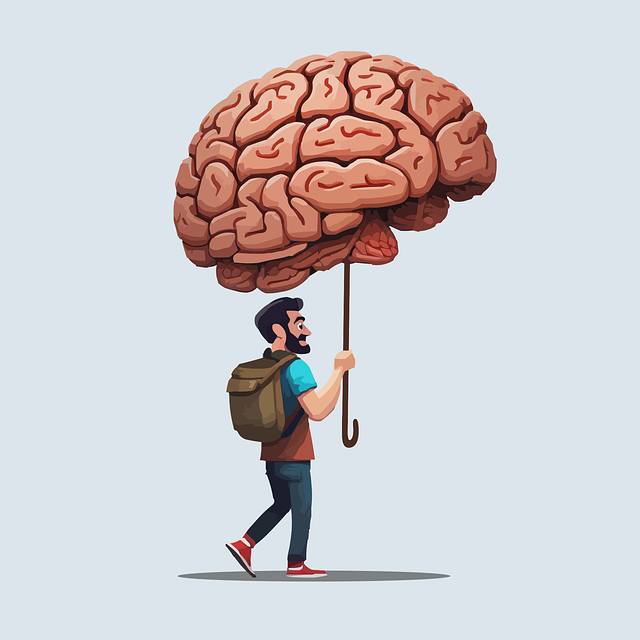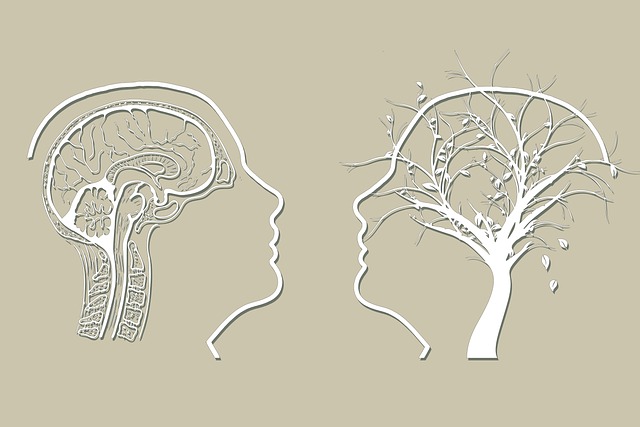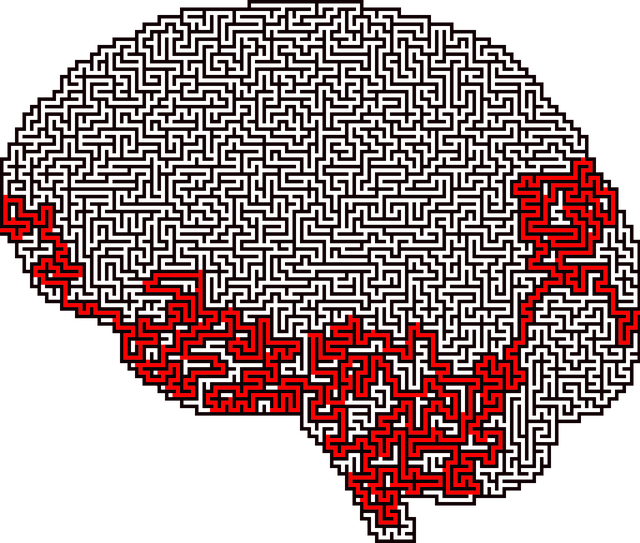Mental wellness groups tailored for young adults with neuro disorders offer a supportive environment through open discussions, shared strategies, and peer empowerment. Effective communication, using inclusive language and active listening, ensures comfort and free expression. Creating a safe haven with clear boundaries, validating experiences, and normalizing emotions fosters resilience and stress management. Active engagement through peer-to-peer sharing and interactive activities enhances group dynamics for crisis intervention and personal growth. These strategies are vital for mental health policy analysis, advocating for effective mood management and burnout prevention in therapy for young adults with neuro disorders.
Mental wellness groups play a pivotal role in supporting young adults with neuro disorders. This article delves into the art of facilitating such groups, offering valuable insights for professionals. We explore essential techniques, from understanding the unique needs of this demographic to establishing safe spaces and fostering active participation. By mastering communication strategies and creating engaging environments, facilitators can enhance the therapeutic experience for young adults navigating their neurodiversity. Discover effective approaches tailored to therapy for young adults with neuro disorders.
- Understanding Mental Wellness Groups for Young Adults with Neuro Disorders
- Effective Communication Strategies for Group Facilitators
- Creating a Safe and Supportive Environment in the Therapy Group
- Techniques to Enhance Participation and Engagement in Group Sessions
Understanding Mental Wellness Groups for Young Adults with Neuro Disorders

Mental wellness groups specifically tailored for young adults with neuro disorders offer a unique and supportive environment for individuals navigating their unique challenges. These groups provide a sense of community, allowing participants to connect with peers who understand their experiences. By facilitating open discussions and sharing strategies, members can learn from one another, fostering a culture of support and understanding. This approach goes beyond traditional therapy for young adults with neuro disorders, as it empowers individuals to build resilience and enhance their coping mechanisms in a group setting.
In these groups, healthcare providers play a crucial role in guiding conversations while encouraging participants to explore self-esteem improvement and confidence boosting techniques. By incorporating burnout prevention strategies for healthcare providers, facilitators ensure that both the mental health of the group members and their own is prioritized. This holistic approach promotes sustainable well-being within the community, creating an inclusive space where young adults can thrive.
Effective Communication Strategies for Group Facilitators

Effective communication is a cornerstone for successful group facilitation, especially when working with young adults dealing with neuro disorders. Group facilitators should adopt inclusive language that makes everyone feel comfortable sharing their experiences. Encouraging open dialogue involves actively listening to each member’s unique perspective, ensuring their voices are heard and validated. This fosters a safe space where individuals can express their thoughts and feelings freely.
Utilizing simple, clear, and non-judgmental communication techniques is vital. Facilitators should model positive thinking by focusing on solutions rather than problems, which can help participants adopt mind over matter principles. Public awareness campaigns about mental health can further enhance these strategies by introducing new insights and approaches, ultimately enriching the group’s therapeutic experience and promoting better mental wellness among young adults with neuro disorders.
Creating a Safe and Supportive Environment in the Therapy Group

Creating a safe and supportive environment is paramount when facilitating therapy groups for young adults with neuro disorders. This begins with establishing clear boundaries and expectations from the outset, ensuring every participant feels heard, respected, and valued. Group members should be encouraged to share their experiences openly while also being mindful of personal limits, fostering an atmosphere where vulnerability can thrive without fear of judgment.
Facilitators play a crucial role in normalizing emotions and validating each individual’s unique journey. By incorporating techniques like active listening, empathy, and positive reinforcement, therapists can help members build resilience and cope with stress management strategies. This supportive network is especially beneficial during crisis intervention guidance, where participants learn to navigate challenging situations together, leveraging the group as a powerful tool for personal growth and understanding.
Techniques to Enhance Participation and Engagement in Group Sessions

Engaging participants actively is key to successful group facilitation, especially when addressing sensitive topics like therapy for young adults with neuro disorders. One effective technique involves fostering open dialogue by encouraging peer-to-peer sharing and discussion. This not only breaks the ice but also normalizes conversations around mental health, a crucial step in reducing stigma. Facilitators can prompt participants to share their experiences, offer insights, or ask questions, creating a supportive environment where everyone feels valued and heard.
Additionally, incorporating interactive activities tailored to various learning styles can heighten engagement. For instance, using visual aids, role-playing scenarios, or group exercises catering to different preferences can keep the session dynamic and inclusive. These strategies are especially relevant in considering broader mental health policy analysis and advocacy efforts, as they promote effective Mood Management and Burnout Prevention Strategies for Healthcare Providers engaging with young adults navigating neuro disorders.
Mental wellness groups offer a unique and powerful support system for young adults with neuro disorders. By facilitating engaging sessions that prioritize effective communication, safety, and participation, therapists can empower individuals to navigate their mental health journeys collaboratively. This approach not only enhances therapeutic outcomes but also fosters a sense of community, providing valuable tools for managing challenges related to neurodiversity in a supportive environment tailored to the specific needs of young adults.









